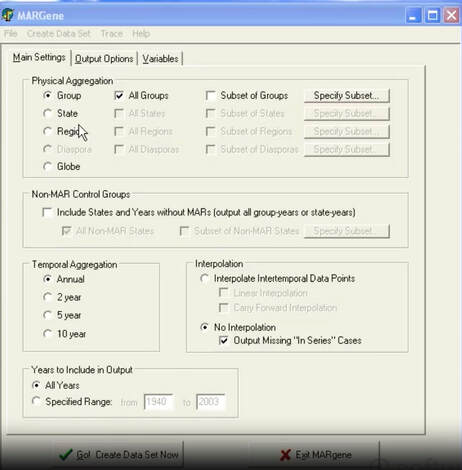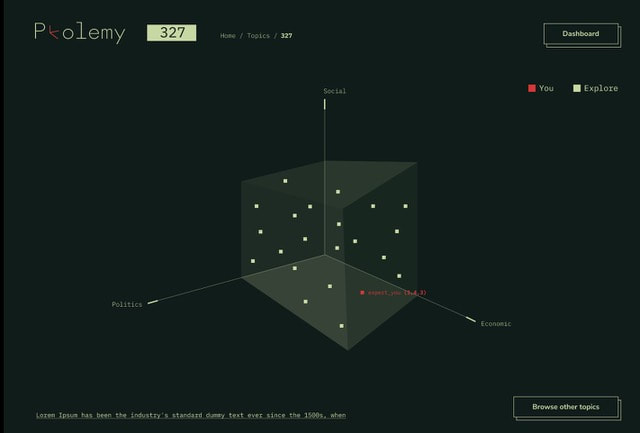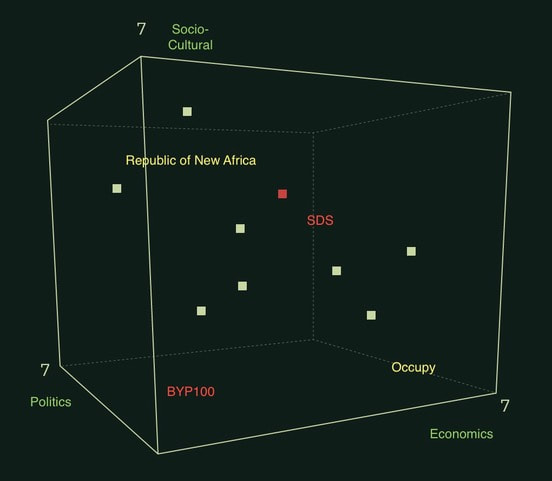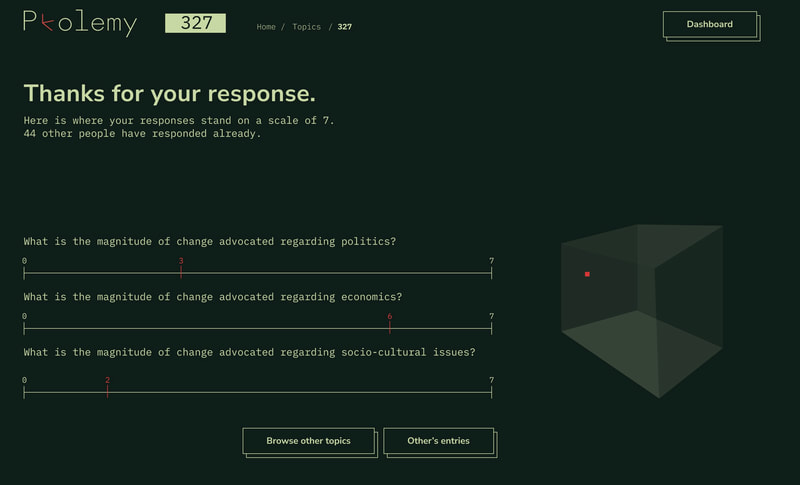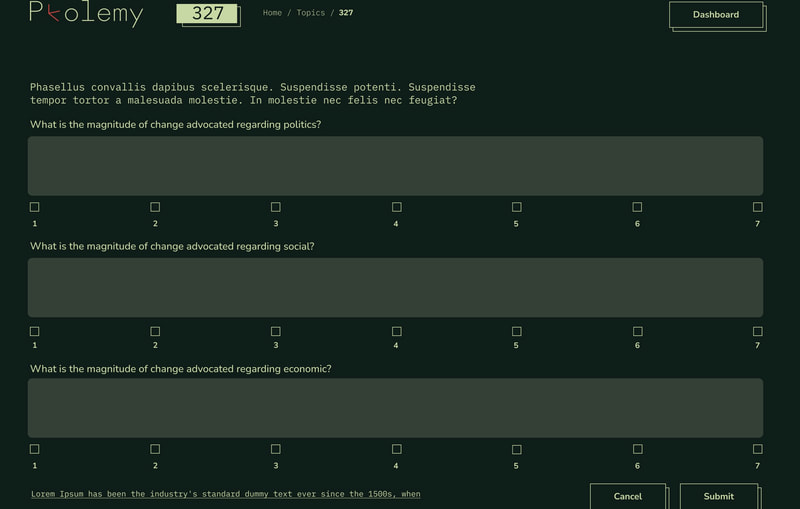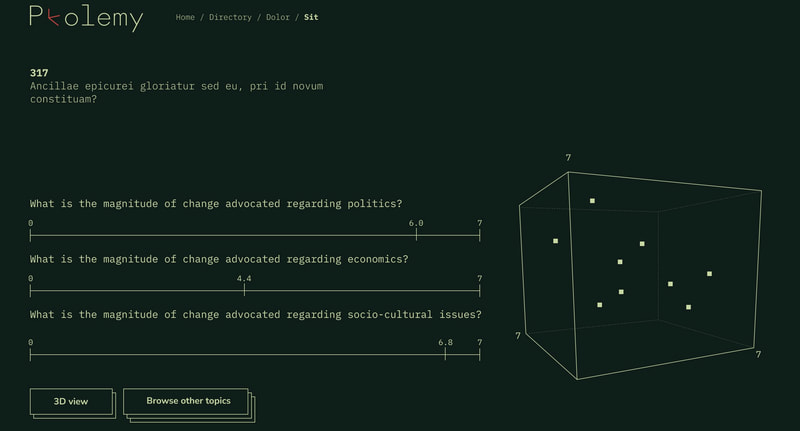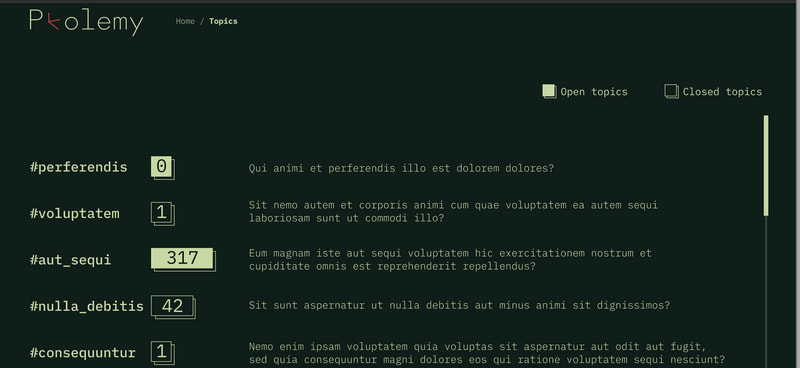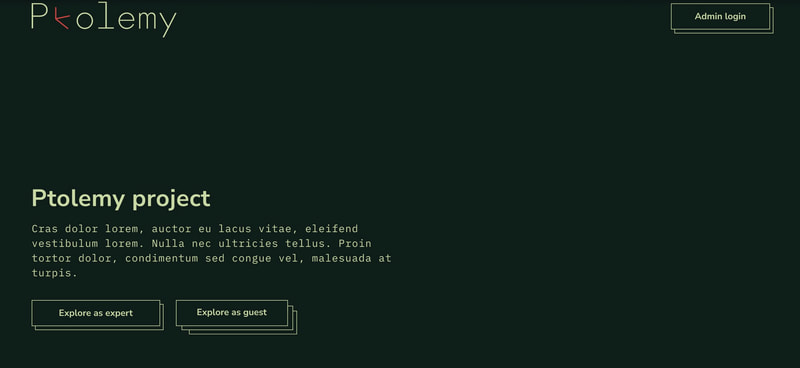Essentially, I have engaged in two distinct types of analyses regarding political conflict, violence and peace.
Initially (from 1992 to the present), I was interested in “macro-foundational” explanations for what was taking place - those that involve large-scale, aggregated and relatively static societal-level political-economic processes. These are typically examined at the nation-year for most (if not all) countries on the planet.
Feeling constrained and generally unable to understand specifically what was taking place “on the ground,” later (from 1998 to the present) I became interested in more “micro-foundational” explanations for political conflict - those that involve smaller-scale, disaggregated and relatively dynamic group/individual-level political-economic processes. These are typically examined way below the nation-year (e.g., by the city-week or street-day) for a specific location and time.
The links below direct you to the specific research projects:
Thematic:
Geographic:
Initially (from 1992 to the present), I was interested in “macro-foundational” explanations for what was taking place - those that involve large-scale, aggregated and relatively static societal-level political-economic processes. These are typically examined at the nation-year for most (if not all) countries on the planet.
Feeling constrained and generally unable to understand specifically what was taking place “on the ground,” later (from 1998 to the present) I became interested in more “micro-foundational” explanations for political conflict - those that involve smaller-scale, disaggregated and relatively dynamic group/individual-level political-economic processes. These are typically examined way below the nation-year (e.g., by the city-week or street-day) for a specific location and time.
The links below direct you to the specific research projects:
Thematic:
- Macro-foundations (Large scale dynamics and processes)
- Micro/Meso-foundations (Smaller scale dynamics and processes)
Geographic:
- Global
- The United States
- Anti-Black Human Rights Violations
- Black Panther Party vs US government
- Republic of New Africa vs US government
- Riots/Rebellions/Disturbances
- NAACP
- Anti-Patriot Act Resolutions
- Rwanda
- India
- Northern Ireland
- Zimbabwe (Pending)
- Mexico (Pending)
- Dominican Republic (Pending)
Computer Programs
MARgene
The Minorities At Risk Data Generation and Management Program (MARGene) was designed in 2006-2007 to allow easy access to data in the Minorities at Risk dataset developed by Ted Gurr and associates. MARGene made it easy for scholars to access variables from this dataset, creating subsets of the data, interpolating across unobserved data points, and setting up the data for merging with other state-level datasets.
Running in a standard Microsoft Windows environment, the program allowed users to select variables from the Minorities at Risk dataset, specify subsets of the data based on time and space, and specify various options concerning data creation (such as whether to interpolate missing data or not). The program then creates a new, customized dataset that can be loaded into statistical analysis software such as Stata, SPSS, or Limdep, for further manipulation and/or analysis.
Reference: Bennett, D. Scott, and Christian Davenport. 2003. MARGene: Minorities at Risk Data Generation and Management Program. Documentation: www.mar.umd.edu/margene/mar-codebook_040903.pdf. Web site: http://www.cidcm.umd.edu/inscr/mar/.
Running in a standard Microsoft Windows environment, the program allowed users to select variables from the Minorities at Risk dataset, specify subsets of the data based on time and space, and specify various options concerning data creation (such as whether to interpolate missing data or not). The program then creates a new, customized dataset that can be loaded into statistical analysis software such as Stata, SPSS, or Limdep, for further manipulation and/or analysis.
Reference: Bennett, D. Scott, and Christian Davenport. 2003. MARGene: Minorities at Risk Data Generation and Management Program. Documentation: www.mar.umd.edu/margene/mar-codebook_040903.pdf. Web site: http://www.cidcm.umd.edu/inscr/mar/.
Ptolemy
In a class on Black Political Thought with Derrick Darby (now at Rutgers University) we began to think about what radicalism was. We felt others had similar questions and could use some guidance on how to think about it, so we began working on a program to the identify the degree of radicalism in text and/or behavior. The prototype is almost done and will be publicly available in 2024.
